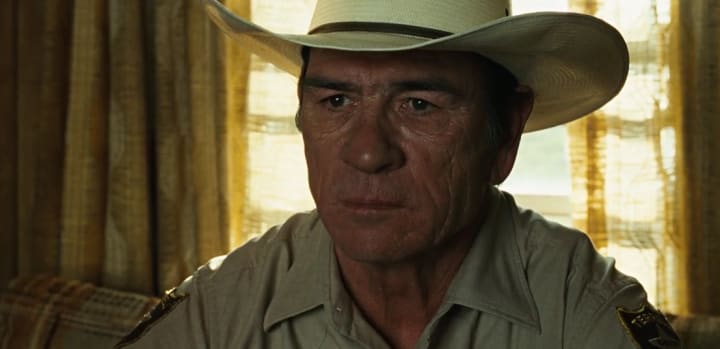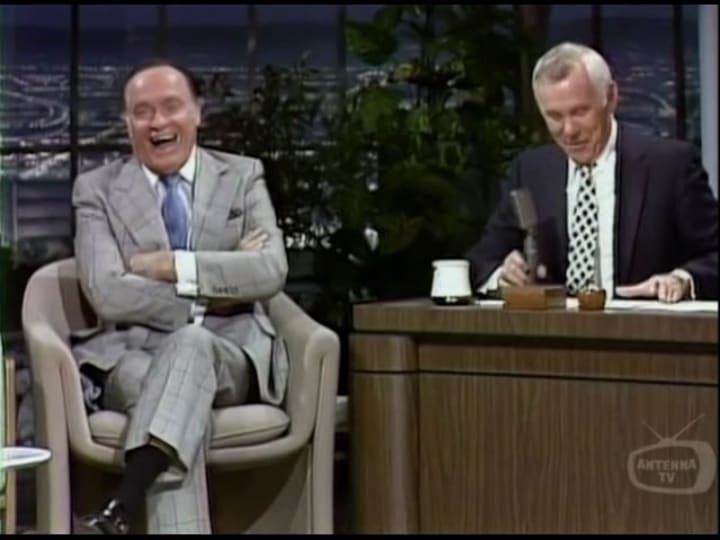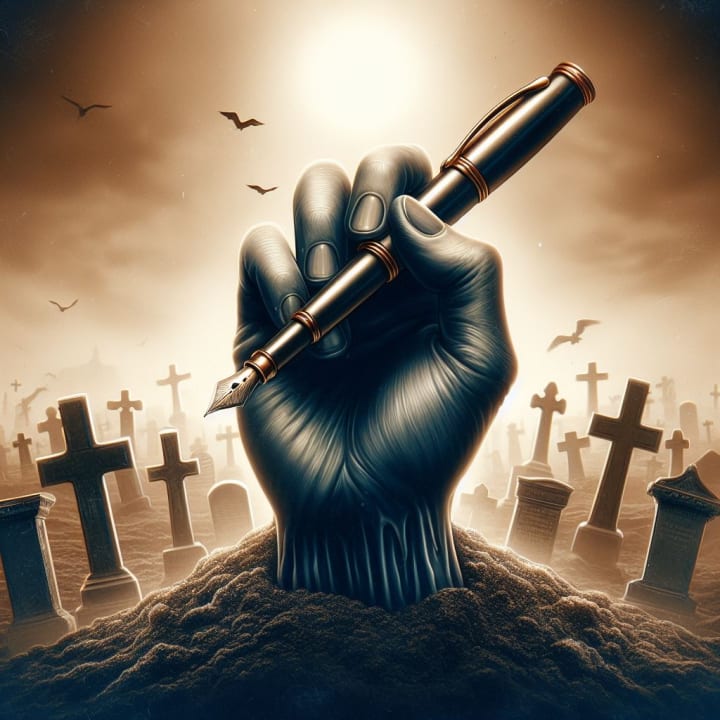TOTAL MEDICAL KNOWLEDGE TO THE RESCUE?
Total medical knowledge, thanks to the Internet of Things, is now doubling every 73 days. Consider that as recently as 1950 it had taken 50 years for this doubling. A millennium ago, it took, well, a millennium. But today, our lifespan is extending at an unprecedented rate, thanks to medical science.
This offers no comfort for those who reach a certain life-event milestone, that is, feeling one's own mortality. It doesn't matter whether death will happen at age 78 or 108; death will happen. Even if the doubling of total medical knowledge provides the right methodology to cybernetically store our identities, there is the shock curve to deal with. Translated:
Even if we could live forever through some type of mind transfer in a robotic translocation, do we really want to navigate a world with the shocking things that are happening?
THE SHOCK CURVE
In the 2007 film, "No Country for Old Men," Tommy Lee Jones is at the end of his law enforcement career. The good ol' days have become the bad new days. He laments that he just doesn't understand the world anymore — the shocking things (in his case, crimes investigated) he feels are getting more audacious. His biggest grief is that they also are getting more sensless. He just doesn't get it, and he doesn't know why he doesn't get it.

This disconnect with the present is something futurist Alvin Toffler called "future shock," a term he coined in the 1960s for the anxiety created by "too much change in too short a period of time." While Toffler, an IBM researcher, was referring to his other coined term, "information overload," Tommy Lee's anxiety is something quite different.
His character wasn't overwhelmed by futurism; he was catatonic over what the world was coming to. This raises an important question:
Do you really want to live in a world in which you can't keep up with the "Shock Curve"?
No one can answer this question before they sense their own mortality. But when that rite of existential passage hits, it's a valid question. Yes, it would be wonderful to live forever, but would you want to?
Certainly, the other questions also rear their ugly heads, e.g., what happens after we die? anything? is there a paradise? or just worms helping us rot?
The truth is that no one asks such questions seriously until they sense their own mortality. If you're not frightened by the thought of dying — even a little bit — you really haven't had this disturbing epiphany.
I have. I'm there.
It is now as much a part of my identity as what I thought I was when I bought my first car. (A 1979 Mazda RX-7, by the way.)
I'm old enough, now, to have lost my sense of permanence and invulnerability, which are the unappreciated gifts to the young. Along with sportscars.
I know when I die there will be some who are sorry. (Perhaps some who aren't, too!). I'll be rememberd for while, but everyone will get over it. I might even be referenced in some amusing anecdote told at some future birthday party, wedding reception, or funeral.
BOB WHO?
Remember Bob Hope? If you do, that dates you. As recently as the 1990s he was possibly the most famous person on the planet. Since that time — just half a generation later — 52% of the present world population was born. 52% of the population were never alive while Bob Hope was famous. Before 2000, Bob was a popular name. Today, the name ranks 6,566th in rank of popularity.

Using Bob Hope as the standard of comparison, what chance do I have of being remembered beyond my children's lifetimes or, vaguely, in my grandchildren's lifetimes? After that, I'm just a name on Ancestry.com. I don't even have a star on the Hollywood Walk of Fame.
Moral: Enjoy it while you can.
YOU CAN'T TAKE IT WITH YOU
No, you can't. But can you leave yourself behind? Can you leave your identity? If you could, does it matter?
I've thought a lot about this, and what matters — to me, that is — is that you can leave yourself behind.
This is why I write
Putting yourself down on paper, in creative keystrokes, or in stored 1s and 0s, leaves yourself behind. Whether it's prose or poetry, phrases or rhymes, serious or humorous, writing allows those who come after to visit your identity, wander your mind, and cooperate in a legacy. Your legacy.
Identity is a lifelong maturation from memories, experiences, relationships, and values. It is a definition of one's self that is tweaked, as stumbling through the timeline and suffering the "slings and arrows of outragious fortune" polish what was once crude into a thing of beauty and finesse.
Every identity has been forged in emotion, selfishness, selflessness, and interrelationships. Whittled in pathos and joy. Every identity has a story to tell. And by approprating what's important and discarding what isn't, every identity is uniquely selective. You are what you select, not what you eat. Your story is a homunculus atop your brain, wielding a fountainpen for the ages.

WRITE YOUR STORY
It doesn't have to be great. Or even good. But anything that you write will say a little about your identity. There will be those who come after you who share amino acids within what used to be your DNA. You shouldn't just share biochemistry. You should share yourself. It doesn't even matter what your future readers think of you.

They will think of you. If you want immortality, there is no better way.
When you read Vonnegut, Salinger, Rand, Dickens, Virgil, Kundera, Hugo, or any creative author, you are meeting them and getting to know them. They write their identities between the lines. You join their club, their family. You're with them. We are a social species. Why shouldn't socialization continue after death?
THE END?
Your identity will die with you, unless you leave something of yourself behind. The biggest thrill I get when I write is that someone might enter my mind long after I'm dead. And if they don't, at least I've offered myself for the taking. Myself. My identity. Who I am. Who I was. Like me or not.
The letters read of me should not just be on my DNA. My future shock may not want me to live in the future, but my identity wants to.


No comments:
Post a Comment